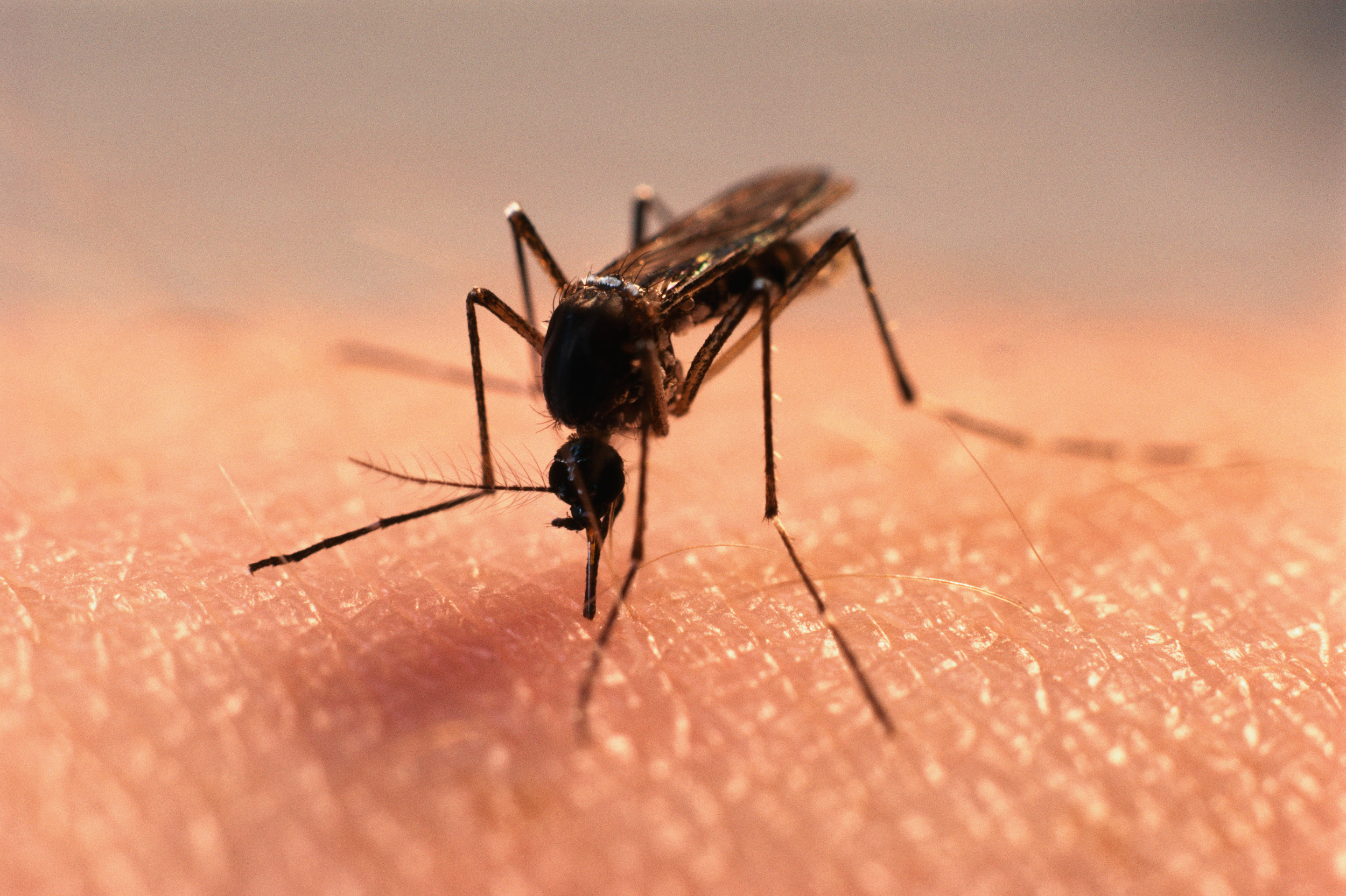Health
South Carolina Records First Eastern Equine Encephalitis Death in 20 Years

Health officials in South Carolina have confirmed the state’s first death from Eastern Equine Encephalitis (EEE) in over twenty years. The individual, whose identity has not been disclosed due to privacy concerns, passed away in Beaufort County. This marks the first fatality from EEE since 2003, highlighting the ongoing risks associated with this rare yet serious disease.
Understanding Eastern Equine Encephalitis
According to the U.S. Centers for Disease Control (CDC), EEE is uncommon but can lead to severe health complications. Approximately 30 percent of individuals who develop serious symptoms from the virus do not survive, and many survivors experience long-term neurological issues. Symptoms may include fever, headache, vomiting, diarrhea, seizures, behavioral changes, and drowsiness. Each year, only a handful of cases are reported across the United States, primarily in eastern and Gulf Coast states.
There are currently no vaccines or specific treatments available for EEE, underscoring the importance of preventive measures. Beaufort County officials reported the death to the South Carolina Department of Public Health, prompting increased awareness about mosquito-borne illnesses.
Local Response and Preventive Measures
In response to the incident, Beaufort County reassured residents on its government website that the county’s mosquito control program routinely tests local mosquito populations for viruses that can be transmitted to humans. The county has been actively conducting spraying missions for mosquito control through both truck and aerial applications.
Despite the absence of infected mosquitoes near the site of the deceased, the county noted that 10 EEE-positive horses had been identified in various counties over the summer. It is important to emphasize that EEE is not transmitted from person to person; the virus is spread solely through mosquito bites, which can lead to inflammation or damage to the brain and spinal cord.
To limit exposure to EEE, residents are encouraged to follow the seven Ts of mosquito prevention:
1. **Tip over** anything that can hold water.
2. **Toss** unwanted yard items that may collect water.
3. **Turn over** items that hold water, such as children’s pools.
4. **Tighten** tarps over items like boats and pools to prevent water accumulation.
5. **Take care** to clear debris from ditches, drains, and gutters.
6. **Treat** items that can retain water with mosquito control products.
7. **Talk with neighbors** about reducing mosquito presence in the community.
Beaufort County has urged residents to remain vigilant, especially in areas where water has been standing for five days or more, as these conditions are conducive to mosquito breeding.
As health officials continue to monitor the situation, the recent death serves as a critical reminder of the potential dangers posed by mosquito-borne diseases.
-

 Lifestyle4 months ago
Lifestyle4 months agoLibraries Challenge Rising E-Book Costs Amid Growing Demand
-

 Sports3 months ago
Sports3 months agoTyreek Hill Responds to Tua Tagovailoa’s Comments on Team Dynamics
-

 Sports3 months ago
Sports3 months agoLiverpool Secures Agreement to Sign Young Striker Will Wright
-

 Lifestyle3 months ago
Lifestyle3 months agoSave Your Split Tomatoes: Expert Tips for Gardeners
-

 Lifestyle3 months ago
Lifestyle3 months agoPrincess Beatrice’s Daughter Athena Joins Siblings at London Parade
-

 World3 months ago
World3 months agoWinter Storms Lash New South Wales with Snow, Flood Risks
-

 Science4 months ago
Science4 months agoTrump Administration Moves to Repeal Key Climate Regulation
-

 Science3 months ago
Science3 months agoSan Francisco Hosts Unique Contest to Identify “Performative Males”
-

 Business4 months ago
Business4 months agoSoFi Technologies Shares Slip 2% Following Insider Stock Sale
-

 Science4 months ago
Science4 months agoNew Tool Reveals Link Between Horse Coat Condition and Parasites
-

 Sports3 months ago
Sports3 months agoElon Musk Sculpture Travels From Utah to Yosemite National Park
-

 Science4 months ago
Science4 months agoNew Study Confirms Humans Transported Stonehenge Bluestones









